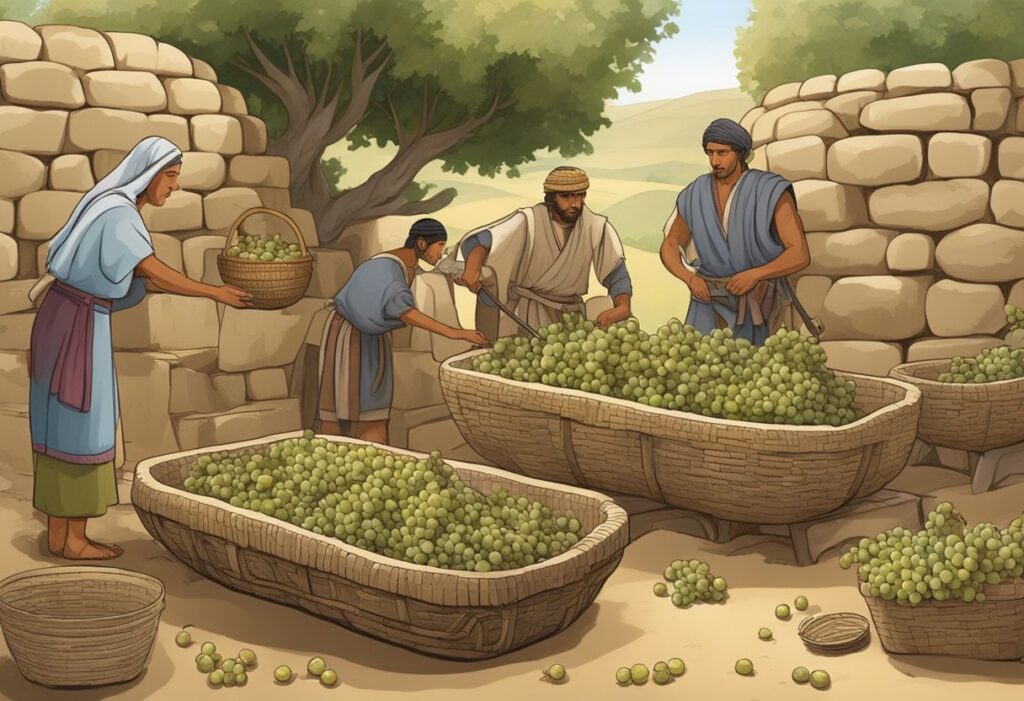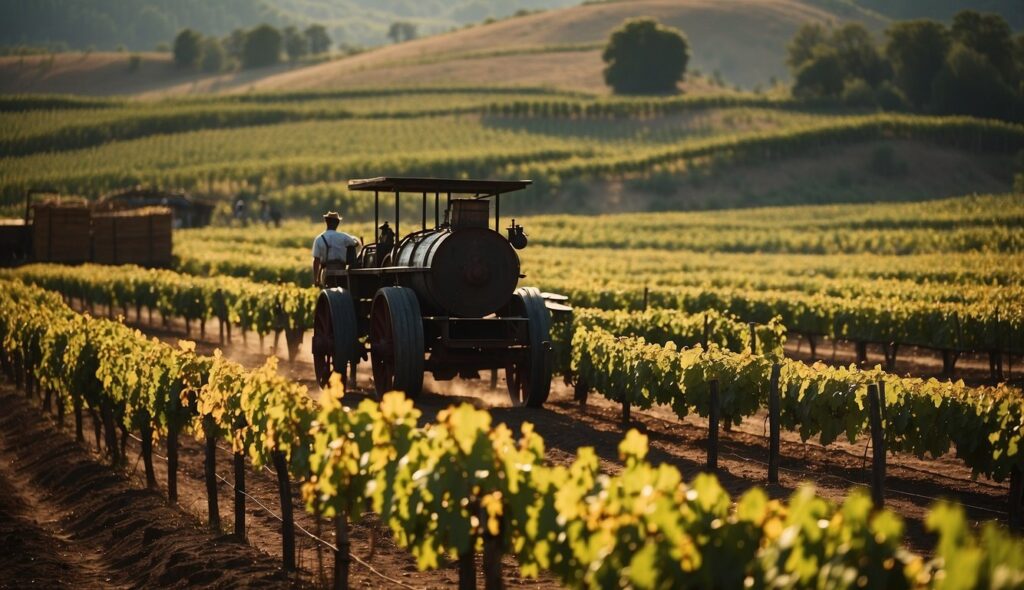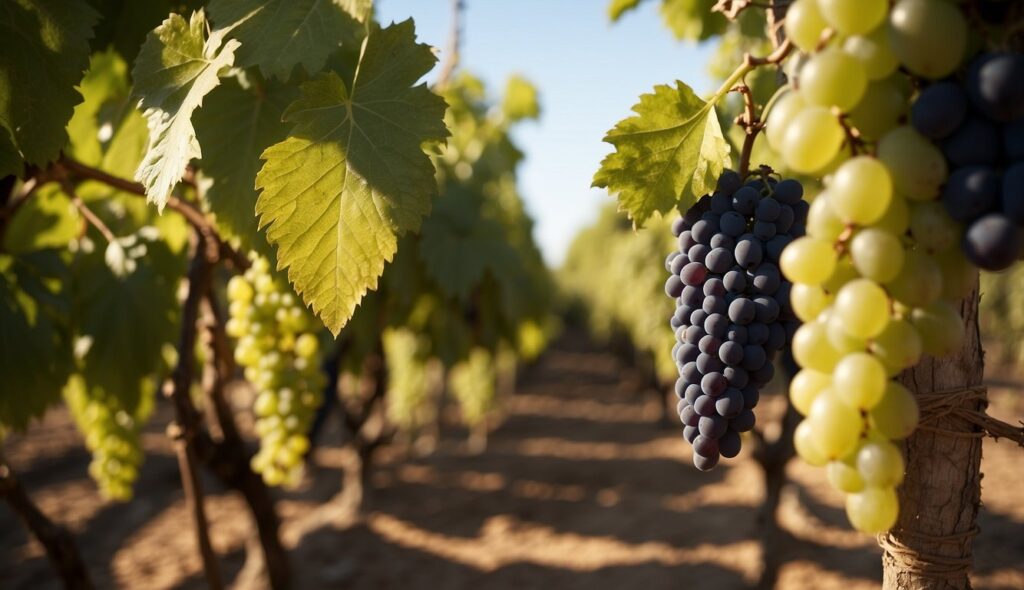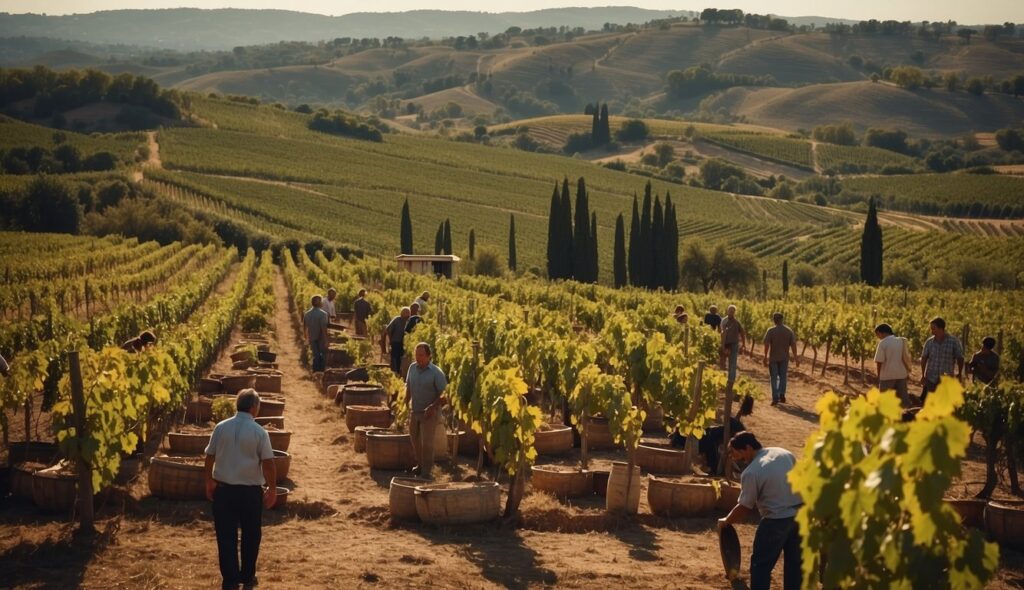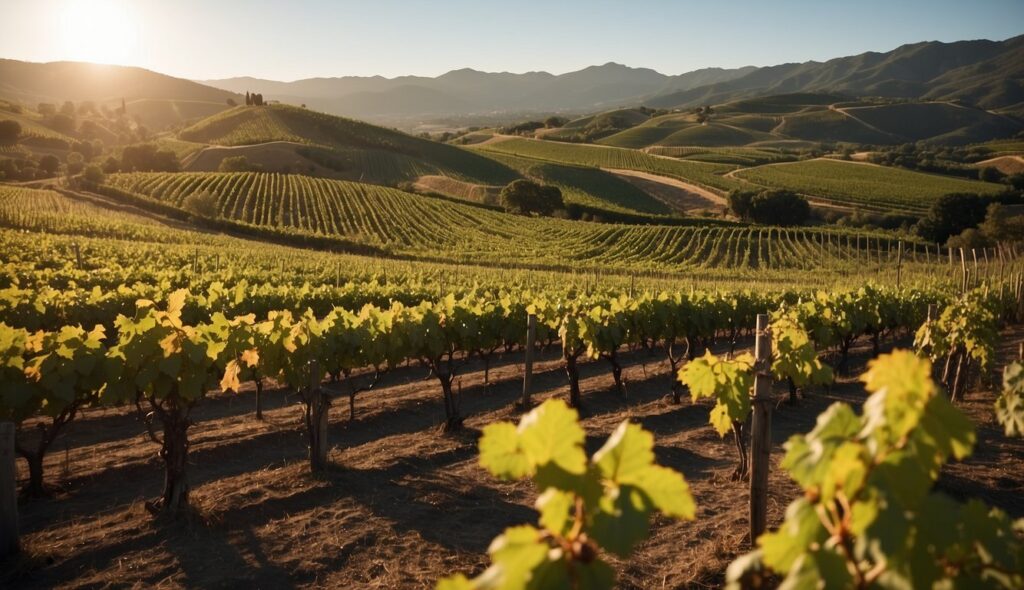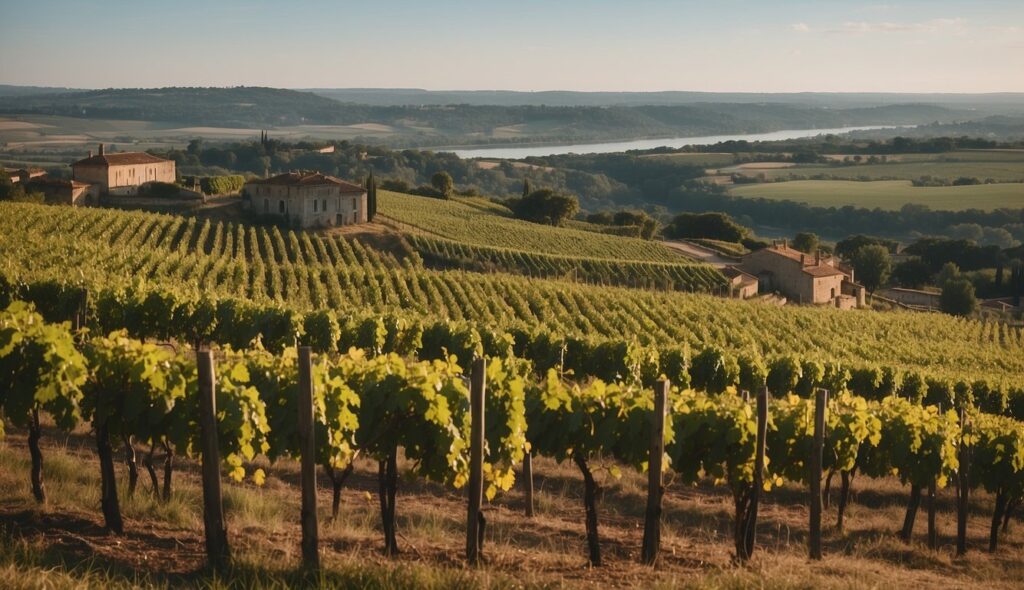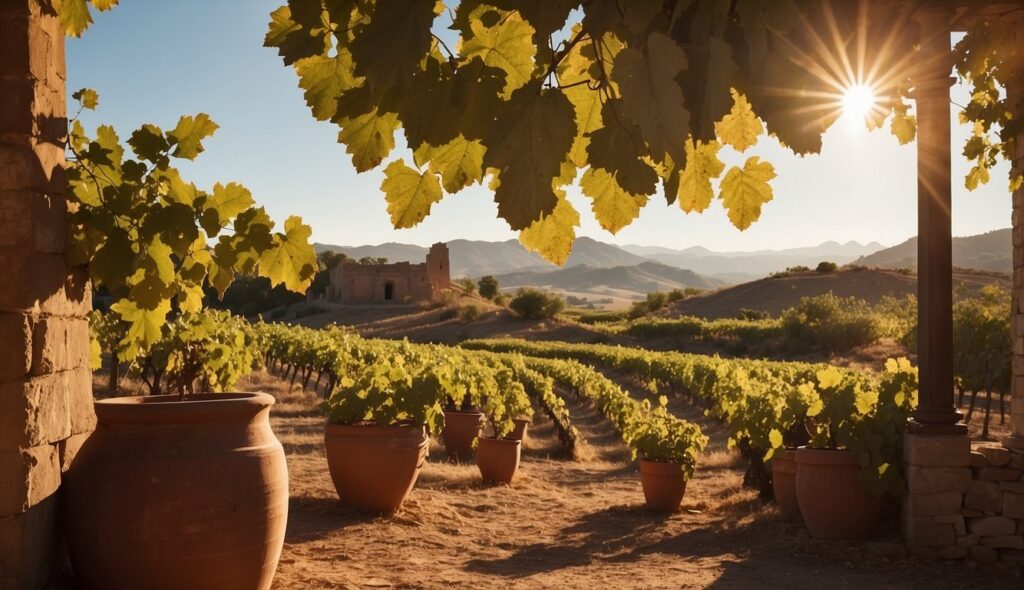Neolithic Wine-Making: Unveiling the Origins of Ancient Viticulture
The Neolithic period marked a profound shift in human history, as societies transitioned from nomadic lifestyles to settling in permanent communities. This era of new beginnings, which spanned from around 10,000 BC to between 4,500 and 2,000 BC, saw the advent of agriculture, which included the domestication of plants and animals. Among the many innovations […]
Neolithic Wine-Making: Unveiling the Origins of Ancient Viticulture Read More »
